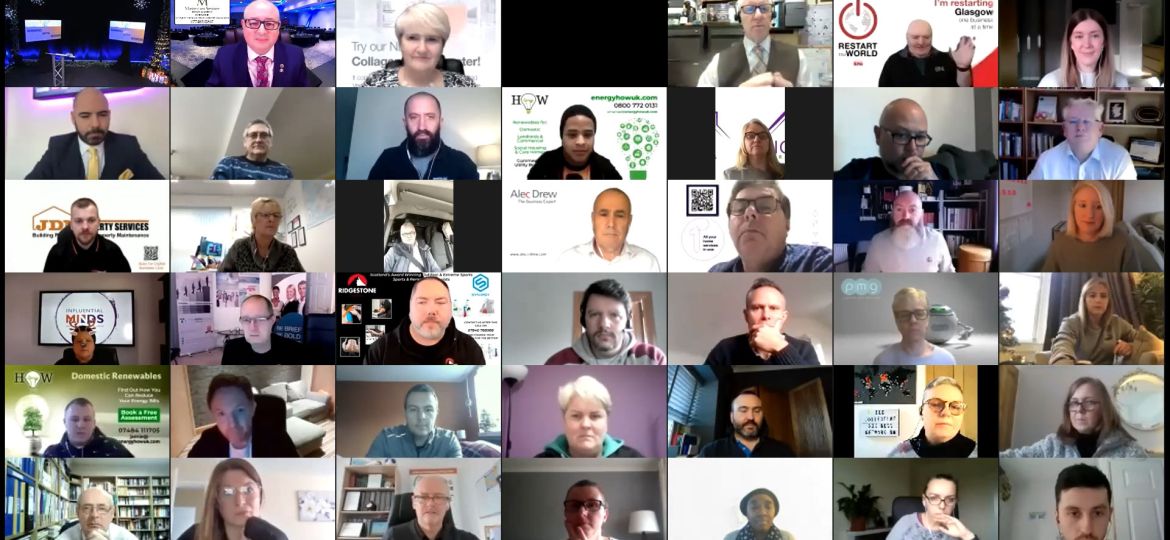
Mastering the Art of Successful Virtual Events.
In a world where virtual events have become the norm, it is essential to understand the elements that make them successful. Whether you’re hosting a webinar, conference, or virtual trade show, the key is to create an engaging experience that keeps attendees interested and motivated to participate. In this blog, we’ll discuss ten essential elements that will help you master the art of successful virtual events.
1 – Define Your Objectives: Before planning a virtual event, it’s essential to define your objectives. Are you looking to increase brand awareness, generate leads, or educate your audience? Having a clear goal in mind will help you create a focused and effective event.
2 – Choose the Right Platform: The platform you choose for your virtual event is critical. Consider factors such as ease of use, scalability, and features such as chat rooms, breakout sessions, and polls. Make sure the platform you choose aligns with your event’s objectives.
3 – Create Engaging Content: The content you present during your virtual event should be engaging and informative. Incorporate multimedia elements such as videos, infographics, and animations to keep attendees interested.
4 – Promote Your Event: Promoting your virtual event is crucial to its success. Use social media, email marketing, and other digital marketing tactics to spread the word and generate interest.
5 – Prepare Your Speakers: Your speakers are an essential component of your virtual event. Make sure they are well-prepared, have the necessary equipment, and are comfortable with the platform.
6 – Provide Networking Opportunities: Virtual events can be isolating, so it’s essential to provide networking opportunities. Consider incorporating breakout sessions, chat rooms, and Q&A sessions to encourage interaction.
7 – Incorporate Gamification: Gamification can make your virtual event more engaging and fun. Consider incorporating games, quizzes, and challenges to keep attendees motivated and interested.
8 – Analyse Your Metrics: Analysing your event’s metrics is essential to understanding its success. Monitor attendance rates, engagement levels, and feedback to identify areas for improvement.
9 – Follow Up with Attendees: Following up with attendees after your virtual event is crucial. Send thank-you emails, surveys, and other forms of communication to gather feedback and maintain relationships.
10 – Continuously Improve: Continuous improvement is essential to the success of your virtual events. Use attendee feedback and metrics to identify areas for improvement and make changes to future events accordingly.
Conclusion: Hosting a successful virtual event requires careful planning and execution. By following these ten essential elements, you’ll be well on your way to creating engaging and effective virtual events that meet your objectives and keep attendees interested and motivated.
We hope you enjoyed Learn how Mastering the Art of Successful Virtual Events with our expert tips and tricks. Mastering the art of virtual events has never been easier, thanks to our comprehensive guide.
